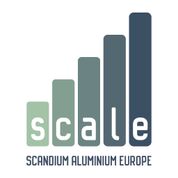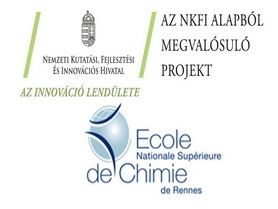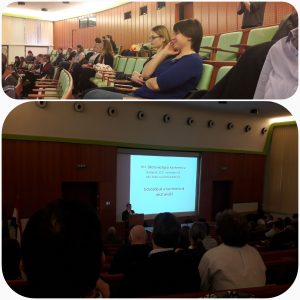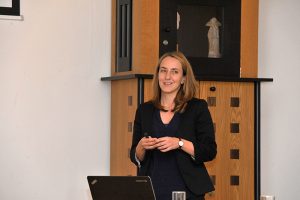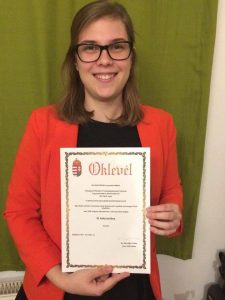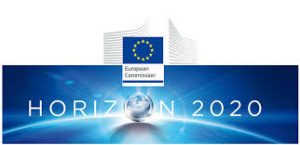 The National Natural Science Foundation of China (NSFC) and the European Union (EC) organised a workshop between 25-27 October 2017 in Bejing, China. The subject of the workshop was the call for proposals in biotechnologies based on EU-China collaborations launched jointly by the EC and NSFC. Dr. Feigl Viktória represented Hungary at the workshop as EC expert.
The National Natural Science Foundation of China (NSFC) and the European Union (EC) organised a workshop between 25-27 October 2017 in Bejing, China. The subject of the workshop was the call for proposals in biotechnologies based on EU-China collaborations launched jointly by the EC and NSFC. Dr. Feigl Viktória represented Hungary at the workshop as EC expert.
The two main topics of the workshop were the following H2020 calls: “CE-BIOTEC-04-2018: New biotechnologies for environmental remediation (RIA)” and “CE-BIOTEC-05-2019: Microorganism communities for plastics bio-degradation (RIA)”. The deadline for application submission within the “New biotechnologies for environmental remediation (RIA)” call is 25th April 2018. Further details can be reached here. The call within the second topic will be open in October 2018.
The photo shows the workshop participants.
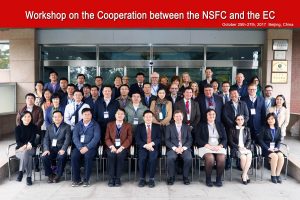



 Project title: The effect of red mud on soil biota
Project title: The effect of red mud on soil biota
 Project title: The effects of biochar surface chemistry and physical properties on soil biota in different biochar-soil systems
Project title: The effects of biochar surface chemistry and physical properties on soil biota in different biochar-soil systems
